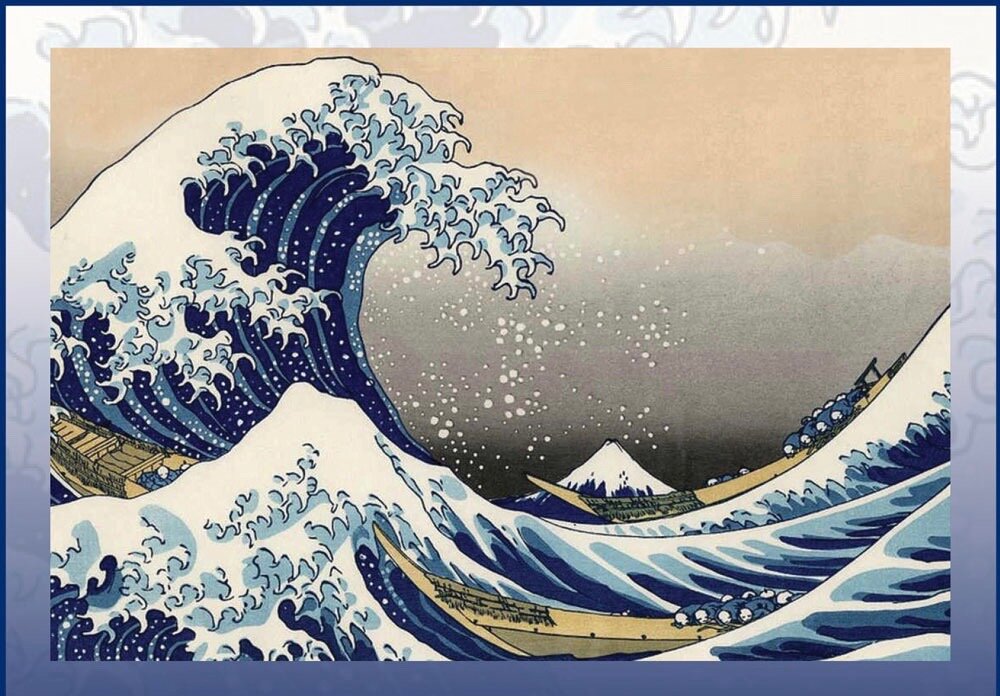Last week I reviewed the six practices for working with collective reactivity/collective trauma introduced by Heather Sundberg and Manuela Mischke-Reeds. The fifth practice was that of compassion.
The need for compassion in our lives is pervasive - whether in our individual struggles with our thoughts and mind states, sadness, worry, or anxiety about our selves or our friends and family, or, more often than we can even bear, on the world stage. This week’s news out of Russia of the Alexei Navalny’s death pierced people around the world with sadness and anguish. At the same time, often in the same news cycle, the attack on and closure of the hospital in southern Gaza with a single line that some patients had to be left behind was the latest event in the ongoing horror of that war. We are all affected by the suffering of others. These two examples highlight collective trauma.
There is great wisdom in just admitting there is suffering. We want happiness so much for ourselves and others that it is sometimes hard to stop and say, this really sad, or this is heartbreaking. And yet this is exactly the point where compassion and freedom from suffering begins. Compassion starts with the first noble truth - there is suffering.
Suffering is not a failure. Let me repeat that. Suffering is not a failure. But we sometimes treat it that way. We can get entangled in the myths of happiness in our culture that we come to believe that it’s our fault if we’re not happy. So just admitting there is suffering, this hurts, puts us in intimate relationship with our own experience at the same time it allows us to be in relationship with the huge community of others who are also suffering.
Compassion has an uplifting quality to it. As soon as we have turned toward our suffering and allowed compassion to arise, we may feel a subtle release from that suffering. Compassion is one of the good guys riding to the rescue.
I was reminded recently of the three steps of compassion - 1) turning toward the suffering with the thought, this hurts, or this is suffering, 2) recognizing the community of fellow human beings walking this planet who are also suffering (and deeply understanding that there is no hierarchy of suffering that says one person has more of a right to suffer than another), and 3) offering ourselves active compassion - in a hug or caress, in whatever words resonate comfort, “This is hard. There, there. It’s OK, sweetie. This too shall pass.” We can also soothe ourselves with poetry, with an offer of compassion or a period of meditation, with a cup of tea, with a brief period of meditation on our breath, or by bringing ourselves into relationship with nature by gazing at birds, trees or clouds in the neighborhood, or immersion in a nearby forest or nature preserve.
The second step is often overlooked but it is critically important - that of recognizing the community of people, known or unknown, who are also suffering. This opening our hearts to ourselves and to others in a similar state eases the debilitating sense of loneliness that can accompany suffering and the sense of harsh self-judgment that can be present.
This sense of aloneness can also be a collective one. Sometimes we’ll hear in an televised interview with someone caught in an attack the anguished question, why didn’t someone come? Does anybody know what’s happening here? Where is the rest of the world?
I want to end with this story from Mr. Rogers, of Mr. Rogers’ Neighborhood:
"When I was a boy and I would see scary things in the news, my mother would say to me, 'Look for the helpers. You will always find people who are helping. ‘“ Mar 24, 2020
"To this day, especially in times of 'disaster,' I remember my mother's words and I am always comforted by realizing that there are still so many helpers—so many caring people in this world," he wrote in "The Mister Rogers Parenting Book.”"
So perhaps, when we are suffering, we can remember that somewhere - close by or far away - someone else is suffering and looking for a helper. Can we, out of the compassion that arises from our own suffering, become one of those helpers?

